Acquire-Release Semantic
With the acquire-release semantics, the memory model gets very thrilling. Because now, we do not have to reason about the synchronization of threads, we have to reason about the synchronization of the same atomic in different threads.
Synchronization and Ordering Constraints
The acquire-release semantic is based on one key idea. A release operation synchronizes with an acquire operation on the same atomic and establishes, in addition, an ordering constraint. So, all read and write operations can not be moved before an acquire operation; all read and write operations can not be moved behind a release operation. But what is an acquire or release operation? Reading an atomic variable with load or test_and_set is an acquire operation. But in addition, the acquiring of a lock. Of course, the opposite is also true. The releasing of a lock is a release operation—accordingly, a store or clear operation on an atomic variable.
It’s worth more reasoning on the few last sentences from a different perspective. The lock of a mutex is an acquire operation; the unlock of a mutex is a release operation. That implies that an operation on a variable can not be moved outside of a critical section. That hold for both directions. On the other side, a variable can be moved inside of a critical section. Because the variable moves from the not protected to the protected area. Now with a little delay, the picture.
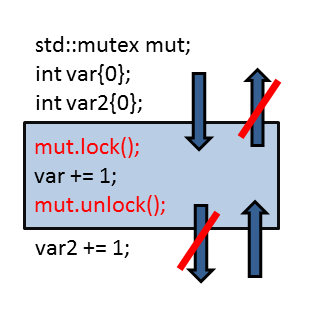
Did II not promise it? The acquire-release semantics helps understand the lock better and unlock operation of a mutex. The same reasoning will hold for the starting of a thread or the join-call on a thread. Both are release operations. But that story continues with the wait and notify_one-call on a condition variable. wait is this case is the acquire, notify_one the release operation. But what is about notify_all? Of course, you can already guess it. That is a release operation.
Because of the theory, I can write the spinlock from the post The atomic flag is more efficient because the synchronization takes place on the atomic variable flag.
1 2 3 4 5 6 7 8 9 10 11 12 13 14 15 16 17 18 19 20 21 22 23 24 25 26 27 28 29 30 31 32 33 34 35 36 37 |
// spinlockAcquireRelease.cpp #include <atomic> #include <thread> class Spinlock{ std::atomic_flag flag; public: Spinlock(): flag(ATOMIC_FLAG_INIT) {} void lock(){ while(flag.test_and_set(std::memory_order_acquire) ); } void unlock(){ flag.clear(std::memory_order_release); } }; Spinlock spin; void workOnResource(){ spin.lock(); // shared resource spin.unlock(); } int main(){ std::thread t(workOnResource); std::thread t2(workOnResource); t.join(); t2.join(); } |
 Modernes C++ Mentoring
Modernes C++ Mentoring
Do you want to stay informed: Subscribe.
The flag.clear-call in line 16 is a release, and the flag.test_and_set-call in line 12 is an acquire-operation. And – but that is boring – the acquire synchronizes with the release operation. So the heavyweight synchronization with sequential consistency (std::memory_order_seq_cst) of two threads is replaced with the lightweight and more performant acquire-release semantic (std::memory_order_acquire and std::memory_order_release). The behavior is unchanged.
In case more than two threads use the spinlock, the acquire semantics of the lock method is not sufficient. Now the lock method is an acquire-release operation. So the memory model in line 12 has to be changed to std::memory_order_acq_rel. But that is still cheaper than the default: std::memory_order_seq_cst.
What’s next?
Our journey through the memory model continues in the next post with the transitivity of the acquire-release semantic. So you can synchronize threads that share no atomic.
Thanks a lot to my Patreon Supporters: Matt Braun, Roman Postanciuc, Tobias Zindl, G Prvulovic, Reinhold Dröge, Abernitzke, Frank Grimm, Sakib, Broeserl, António Pina, Sergey Agafyin, Андрей Бурмистров, Jake, GS, Lawton Shoemake, Jozo Leko, John Breland, Venkat Nandam, Jose Francisco, Douglas Tinkham, Kuchlong Kuchlong, Robert Blanch, Truels Wissneth, Mario Luoni, Friedrich Huber, lennonli, Pramod Tikare Muralidhara, Peter Ware, Daniel Hufschläger, Alessandro Pezzato, Bob Perry, Satish Vangipuram, Andi Ireland, Richard Ohnemus, Michael Dunsky, Leo Goodstadt, John Wiederhirn, Yacob Cohen-Arazi, Florian Tischler, Robin Furness, Michael Young, Holger Detering, Bernd Mühlhaus, Stephen Kelley, Kyle Dean, Tusar Palauri, Juan Dent, George Liao, Daniel Ceperley, Jon T Hess, Stephen Totten, Wolfgang Fütterer, Matthias Grün, Ben Atakora, Ann Shatoff, Rob North, Bhavith C Achar, Marco Parri Empoli, Philipp Lenk, Charles-Jianye Chen, Keith Jeffery, Matt Godbolt, Honey Sukesan, bruce_lee_wayne, Silviu Ardelean, schnapper79, Seeker, and Sundareswaran Senthilvel.
Thanks, in particular, to Jon Hess, Lakshman, Christian Wittenhorst, Sherhy Pyton, Dendi Suhubdy, Sudhakar Belagurusamy, Richard Sargeant, Rusty Fleming, John Nebel, Mipko, Alicja Kaminska, Slavko Radman, and David Poole.
| My special thanks to Embarcadero |  |
| My special thanks to PVS-Studio |  |
| My special thanks to Tipi.build |  |
| My special thanks to Take Up Code |  |
| My special thanks to SHAVEDYAKS |  |
Modernes C++ GmbH
Modernes C++ Mentoring (English)
Rainer Grimm
Yalovastraße 20
72108 Rottenburg
Mail: schulung@ModernesCpp.de
Mentoring: www.ModernesCpp.org



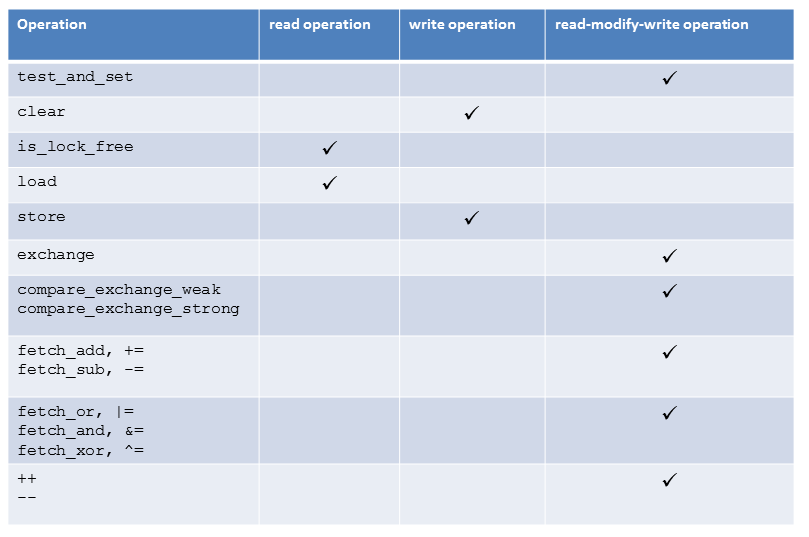
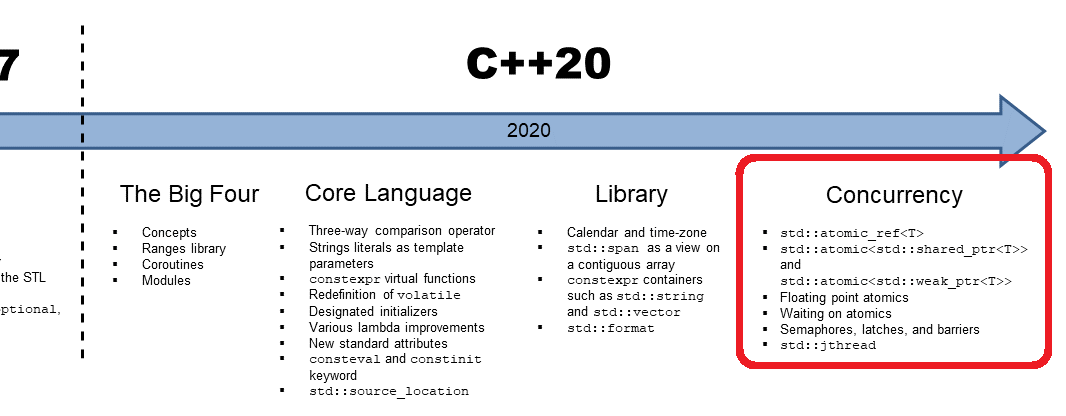

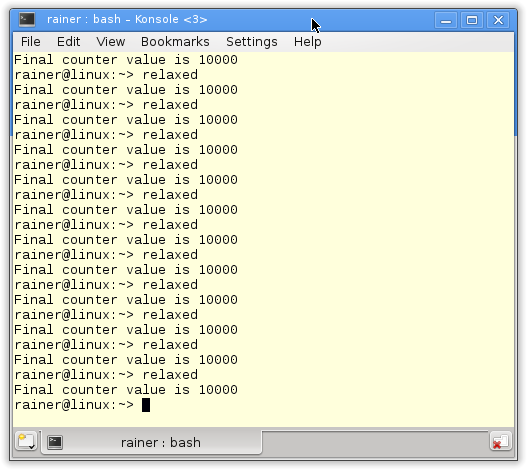

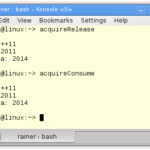
Leave a Reply
Want to join the discussion?Feel free to contribute!